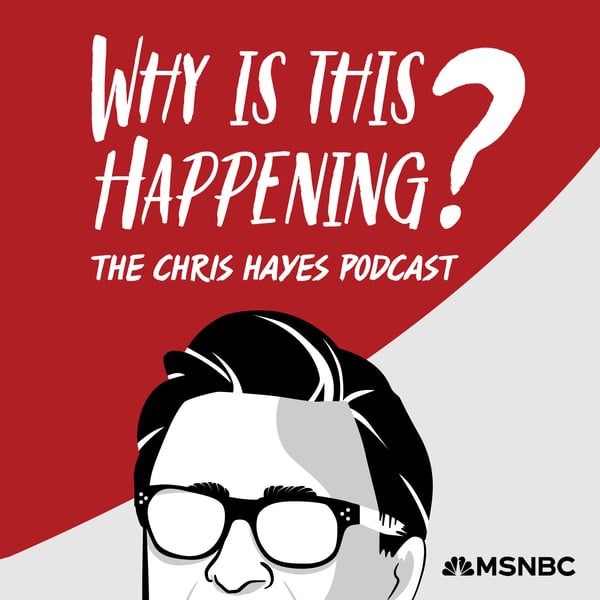The State of Polling with Nate Cohn
Why Is This Happening? The Chris Hayes Podcast
NBCNews
4.6 • 8.9K Ratings
🗓️ 26 March 2024
⏱️ 52 minutes
🧾️ Download transcript
Summary
Transcript
Click on a timestamp to play from that location
| 0:00.0 | In our sort of democracy, polling plays not just a small role, but I think a central role in the way we understand the way campaigns ought to behave. |
| 0:17.6 | And I don't just mean pre-election polling. |
| 0:19.9 | Exit polls are also a poll. They're also flawed, and that affects the calculations that |
| 0:25.6 | political candidates make, that politicians make, about what policies they'll support or oppose. |
| 0:31.0 | And so whether these numbers are accurate has real world |
| 0:35.2 | implications besides you know the people who are you know eating their popcorn on |
| 0:39.2 | the sidelines you know enjoying political campaigning as a form of entertainment. |
| 0:45.0 | Hello and welcome to why is this happening with me your host Chris Hayes. Well, it's an election year, and an election year means polls, and more polls. I would say there is an outsized amount of discussion, |
| 1:07.0 | coverage of online discourse about polls in election years and here's the reason why. |
| 1:12.0 | Human beings want to know the future but |
| 1:15.0 | we can't know the future and so ever since we came out of the caves we've |
| 1:22.0 | looked to things to tell us the future. |
| 1:24.0 | The stars in the sky, the tea leaves, the entrails of goats, all different kinds of ways |
| 1:29.0 | so that we can know what will happen. |
| 1:30.0 | We want to know what will happen. |
| 1:31.0 | Particularly people like myself were invested in the fate of the country, want to know what's going to happen. |
| 1:38.0 | And the closest thing that we have to that in politics are polls. But then we get mad at them because they can't actually |
| 1:48.0 | tell us the future. This is actually a key thing. It's one of the themes of today. Polls cannot tell us the future. |
| 1:53.0 | Sometimes they tell us things that we don't want to hear. |
| 1:56.0 | But also, they're methodologically somewhat complicated and also there's a mismatch, I think, |
| 2:01.0 | between what they do well and what we want from them and I think that is sort of the source of much of this |
| 2:06.9 | frustration dissension you say so I thought it would be a great idea to like get deep into what what are polls for like at a deep definitional level what do we |
... |
Please login to see the full transcript.
Disclaimer: The podcast and artwork embedded on this page are from NBCNews, and are the property of its owner and not affiliated with or endorsed by Tapesearch.
Generated transcripts are the property of NBCNews and are distributed freely under the Fair Use doctrine. Transcripts generated by Tapesearch are not guaranteed to be accurate.
Copyright © Tapesearch 2025.

